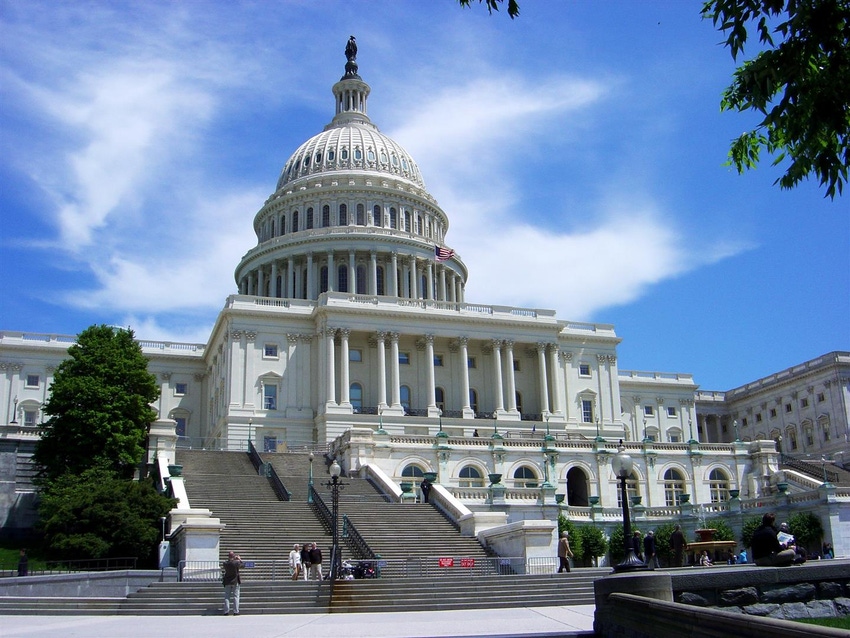May 20, 2016

In my previous blog I began to address the latest report from the National Academies of Sciences, Engineering, and Medicine and its thesis that GMO's do not harm human health.
Let me jump right in to another point from a paragraph within the preface to the report:
"We worked hard to analyze the existing evidence on GE crops, and we made recommendations based on our findings; ultimately, however, decisions about how to govern new crops needs to be made by societies. There is an indisputable case for regulations to be informed by accurate scientific information, but history makes clear that solely “science-based regulation” is rare and not necessarily desirable. As a small example, how would science alone decide on how important it is to prevent a decline in monarch butterfly populations?”
There’s much truth in this paragraph as I read it, but there are also some assumptions and at least one thing that rubbed me the wrong way. Let’s see if you saw it.
It’s in the notion in the middle of the paragraph that science-based regulations are rare and “not necessarily desirable.” I’m going to assume some of my friends within the university community may find that hard to swallow as well, but I’m just guessing.
Because I’m not willing to toss the baby with the bath water, I want to read the entire report to see where else this idea might appear and consider its implications, because right now I think we’ve gone too far as a society towards visceral reactions that are not only unfounded by science – hence the premise of the entire report as I read it thus far – but can lead to dangerous consequences.
We have a regulatory system within agriculture that is supposed to be based largely, if not solely, on science. While it appears this is not the case with any of a number of decisions by regulatory agencies, what the report suggests is both true and disturbing.
If science-based regulations are truly rare, as the report suggests, upon what are they based? Following the natural logic leads to more questions:
If based on “gut-level” feelings, then whose feelings are right?
Can we quantify those feelings to be fair and objective or are both simply tossed out the window?
What is the purpose of science if we’re going to regulate based on feelings?
Visceral reactions, as strong as they are, may be doing us a great disservice as we look to solve some of the world’s biggest challenges when it comes to our food production.
Perhaps the first step in the long, but necessary process to develop sound food policy on a national and global level is to step away from Facebook and Twitter and the name-calling that these platforms promote and have the conversations that require thought and logic.
Can we act like responsible adults and work together for the common good instead of trying to frighten people and companies into decisions detrimental to human health and well-being?
Stay tuned. I’m sure I’ll have more on this topic as I wade through the report. I encourage your thoughts.
You May Also Like




